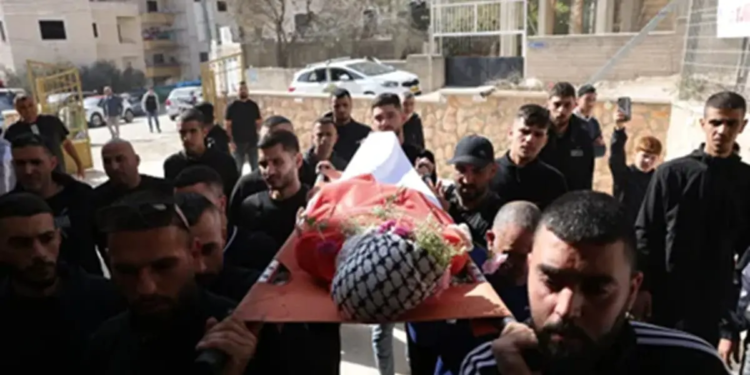The truce supposed to bring a semblance of calm to Gaza reveals its true nature day after day: a nominal, fragile, and widely violated ceasefire, where civilians – and in particular children – continue to pay the heaviest price. By announcing that 67 Palestinian children have been killed since October 10, UNICEF puts figures on what Gaza hospitals are already witnessing daily: the violence never really stopped.
Every day, despite the official cessation of hostilities, shootings, raids and clashes continue, sometimes only a few meters from humanitarian zones.
In Khan Younes, the Nasser Hospital reports the execution of a displaced person.
In East Jerusalem, two Palestinian teenagers were shot dead during an Israeli raid in Kafr Aqab.
In the West Bank, settlers continue their punitive expeditions, burning homes and businesses as a reminder that the territorial status quo thrives on impunity and continued expansion.
This fragmentation of violence, dispersed but constant, is the signature of a truce incapable of imposing a balanced balance of power, and where Israel remains the dominant actor, militarily and diplomatically.
The silence of an international community at odds
According to several experts and international observers, the international community lacks firmness in the face of repeated violations of the ceasefire by Israel.
They emphasize that the absence of credible pressure or effective monitoring mechanisms fuels a climate of impunity, allowing violence to continue despite the truce.
This criticism refers to a basic observation: the great powers, in particular the United States and certain European countries, fear the political consequences of a break with Israel more than the worsening of the humanitarian situation in Gaza.
Result: a diplomatic framework where the truce becomes a useful fiction, making it possible to display de-escalation without actually imposing it.
Netanyahu locks the political horizon
At the same time as UNICEF publishes its results, Benyamin Netanyahu speaks in an interview with Abu Ali Express. His sentence falls like a blade:
“There will be no Palestinian state. Point. »
This declaration is not a slip-up, but an assumed strategic line:
– prevent any internal or external pressure in favor of a political solution,
– reassure the ultranationalist components essential to its political survival,
– lock in the framework of negotiations with Saudi Arabia, by immediately dictating the limits of the rapprochement.
For Netanyahu, even the historic prospect of normalization with Riyadh is not enough to change his position. At best, he says, he has “cautious optimism” – that is, the belief that the region can move forward without a Palestinian state, as long as Arab states prioritize their strategic interests.
A region suspended in impossible peace
While we talk about normalization, tunnels in Rafah, or new regional balances, the raw reality remains this: two Palestinian children die on average every day despite a ceasefire announced as “real”.
This radical contradiction – a truce that kills, a political process that excludes, an international community that observes – outlines a region where peace is always postponed until tomorrow.
And where Gaza remains, again and again, the scene of a tragedy without horizon.
Also read:








